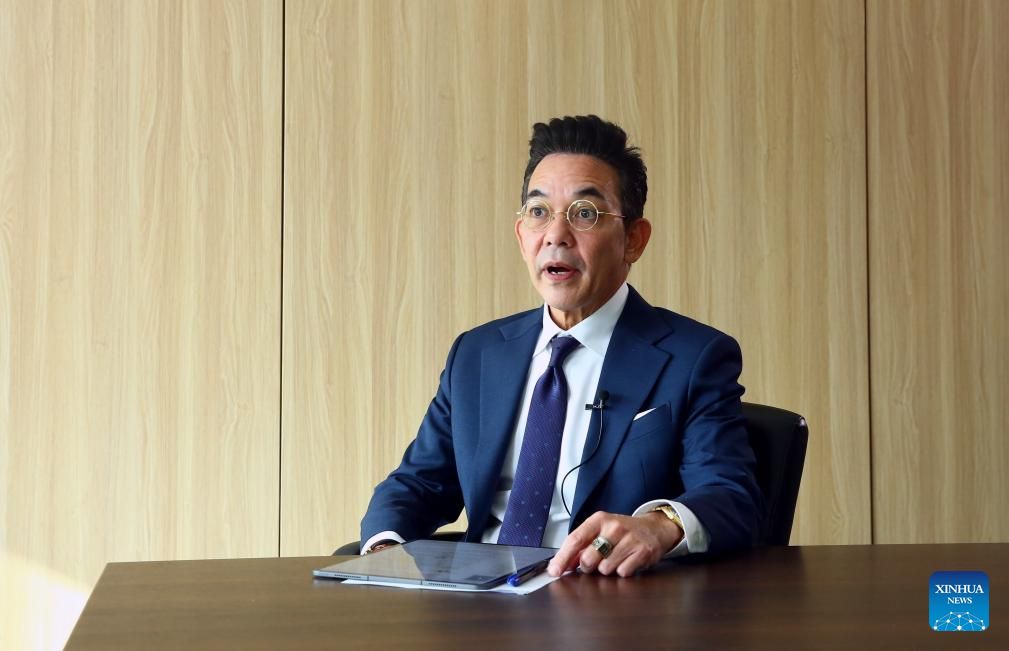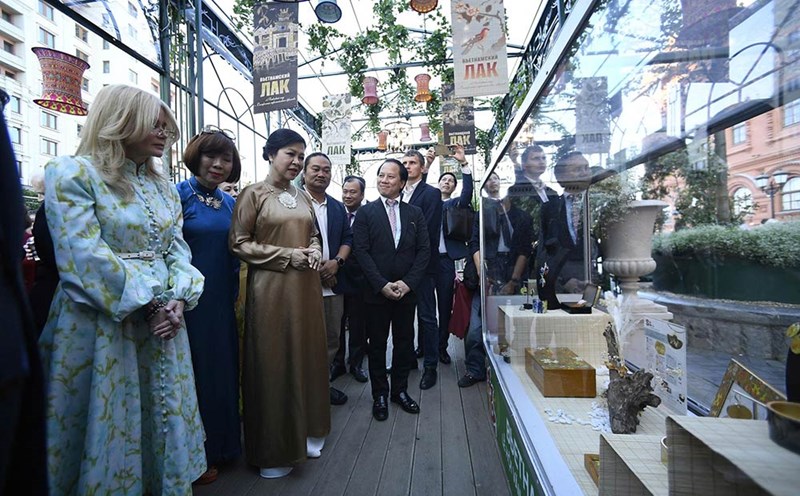"Cambodia has requested an immediate - unconditional ceasefire - and we also call for a peaceful resolution of the dispute," AFP quoted Cambodian Ambassador to the United Nations Chhea Keo as saying after a closed-door meeting of the Security Council on July 25, attended by Cambodia and Thailand.
The border dispute escalated into fierce fighting with attack aircraft, artillery, tanks and infantry on July 24, prompting the United Nations Security Council to convene an emergency meeting on the crisis on July 25.
On July 25, firecrackers continued to explode continuously from the Cambodian border, where Oddar Meanchey province reported that a civilian - a 70-year-old man - had been killed and five others were injured.
Meanwhile, Bangkok Post quoted information from the Thai military's Military Region 2 as saying that at least 100 Cambodian soldiers were injured and killed in the Phu Phi area.
The Thai Ministry of Health said more than 138,000 people have been evacuated from border areas. 15 people died, including 14 civilians and 1 soldier. 46 others were injured, including 15 soldiers.
The Royal Thai Army said fighting continued in the three areas at around 4am on July 25 as Cambodian forces used heavy weapons, field artillery and BM-21 rocket systems, and the Thai army responded "with appropriate support fire".
Thai Foreign Ministry spokesman Nikorndej Balankura told AFP that the fighting had begun to calm on the afternoon of July 25, and said Bangkok was ready for negotiations, possibly with the support of Malaysia.

"We are ready, if Cambodia wants to solve this problem through diplomatic channels, bilateral channels, or even through Malaysia, we are ready to do that. But so far we have not received any response," spokesperson Nikorndej told AFP before the UN Security Council meeting.
Malaysia currently holds the position of President of the Association of Southeast Asian Nations (ASEAN), of which Thailand and Cambodia are both members.
Previously, Acting Prime Minister of Thailand Phumtham Wechayachai warned that if the situation escalates, "it could develop into a war."
However, he affirmed: "Currently, the situation is still limited to clashes".











